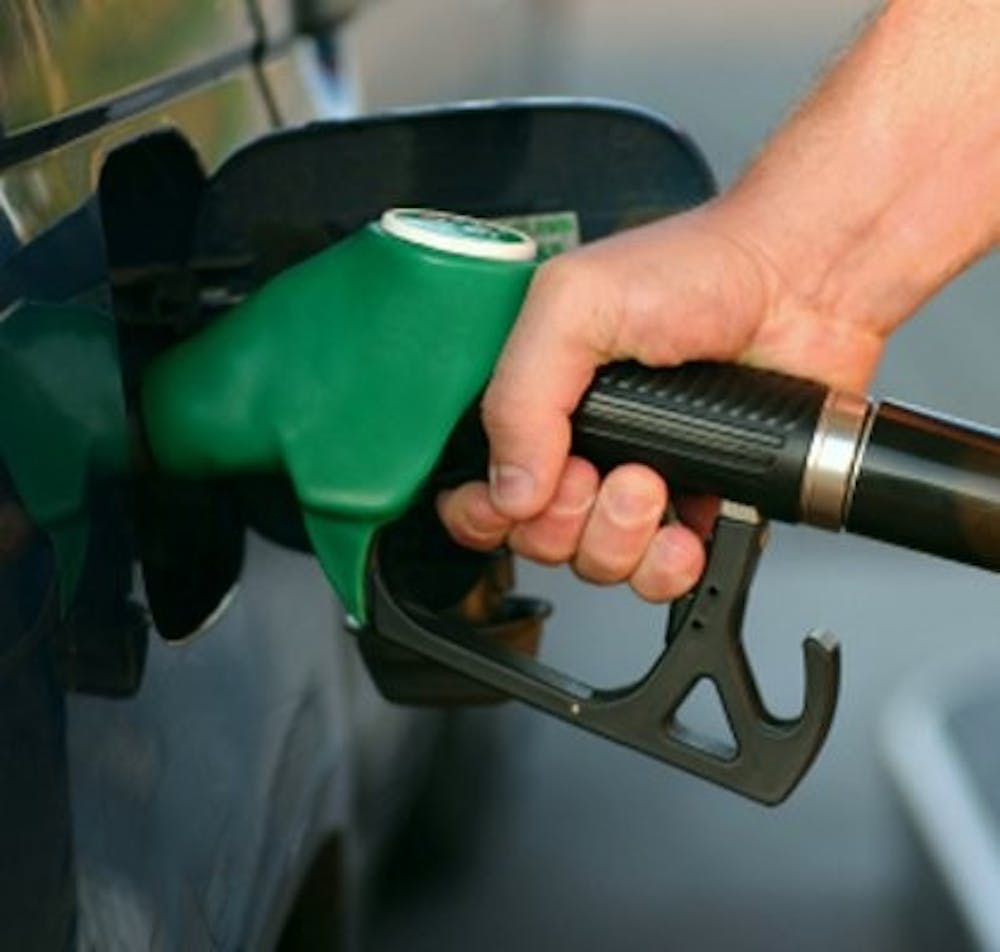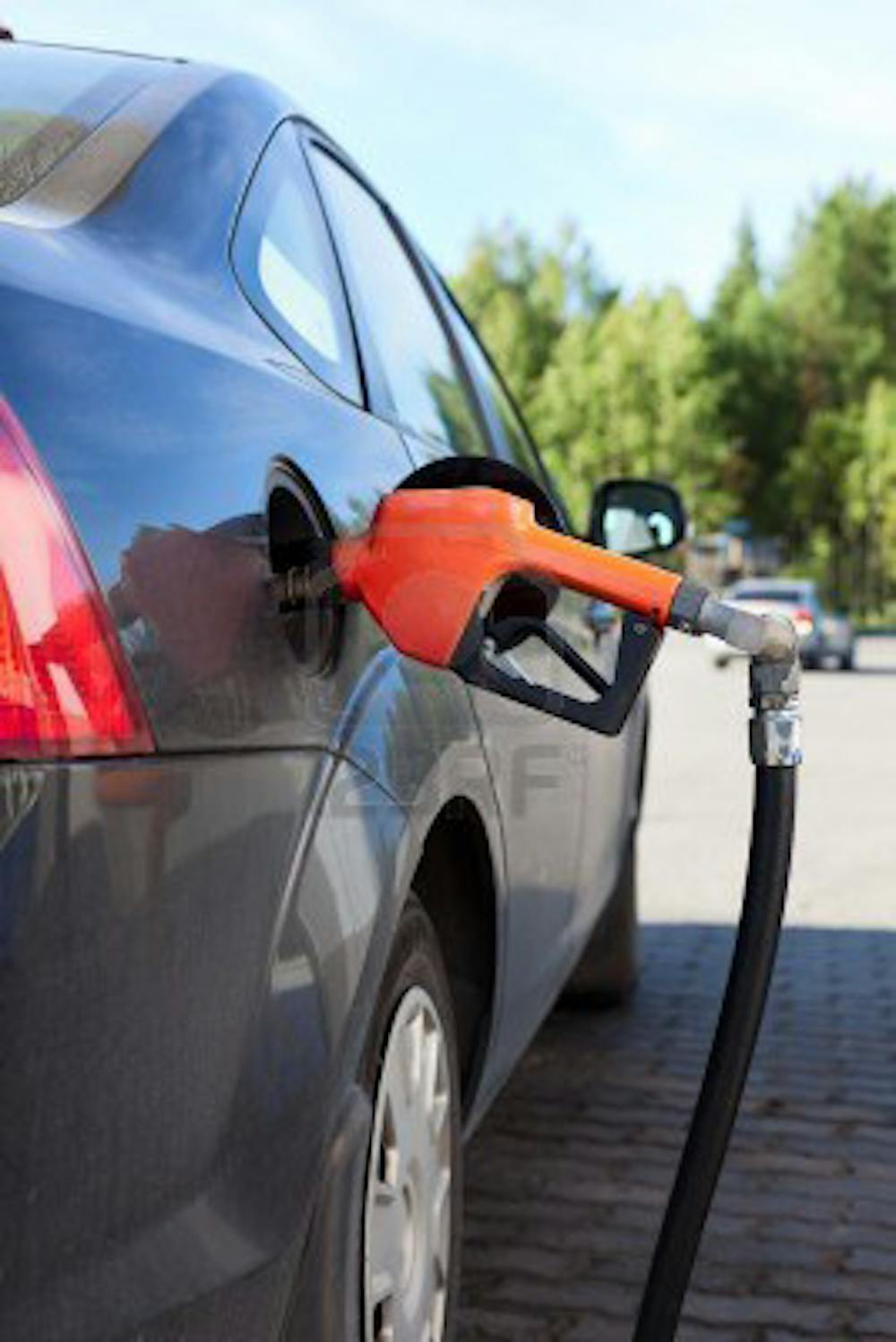By Katelyn S. Irons | Echo
With gasoline at almost four dollars across the United States, it's painful to pull up at the pump. Even when you pay with your debit card, it can seem like your wallet gets lighter after filling up a 25-gallon tank. With this in mind, it's important to learn how to get the most out of a vehicle's miles per gallon (mpg). Whether it's for road trips to see friends or driving to work, use these tips to optimize spending power and save the environment at the same time.
Prepare your vehicle:
If the option is available, don't drive a gas-hogging SUV, truck or sedan. If buying a new vehicle this summer, try to get one of the cars on the U.S. Department of Energy's list of 2013 Most and Least Efficient Vehicles, obviously avoiding the "least".
If buying another vehicle isn't an option, stretch mpg by making sure tires are always fully inflated, fixing maintenance problems such as oxygen sensors and use the proper version of motor oil for the vehicle. The U.S. Department of Energy (DOE) says that these repairs could boost mpg by 9 percent. Also, remove any extra weight in the vehicle. Note: extra weight does not include bothersome siblings you were asked to drive around.

Change driving techniques:
When driving, avoid fast accelerations and aggressive driving. By maintaining a constant speed as much as possible and having smooth accelerations, a driver could save up to $1.20 per gallon, according to the DOE.
Driving the speed limit will help a tight budget too, and not only by avoiding speeding tickets. Each 5 mph over 50 mph is almost as bad as paying $0.25 more per gallon of gas, according to the DOE. Ouch!
Fuel smart:
When fueling is necessary, shop smart. Look for cheaper gas by planning ahead. Visit Gas Buddy or Gas Price Watch online. These websites show gas prices in a certain area and are updated by consumers. If not prepared for online searches, find a gas station that has healthy competition around it. When there are three or more stations in an area, competition will drive prices down.
It should be noted some believe buying premium gas will save money by extending your miles per gallon. This is not completely untrue, but typically any benefits are outweighed by cost. "While every company uses a different mixture of fuel additives, and some can give fractional benefits, you won't notice the difference," said Stacy Johnson, "Smart Spending" writer for MSN Money.
Turn off the car:Sometimes the best way to save money on gas is turning off the car. Whether waiting in the parking lot for a few more minutes of air conditioning or going through a drive through, idling a car wastes gas and emits harmful pollutants. Idling more than 10 seconds wastes more fuel than restarting, according to The California Energy Commission.
The best way to save money on gas is to simply avoid using it. Try not to think of a car as the only method of transportation. For a more eco-friendly option, try biking, walking or public transportation. If traveling in a big city, carpooling and sharing gas expenses is cheaper and also allows you to drive in those high-occupancy vehicle lanes without using a mannequin.





